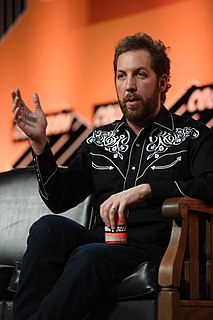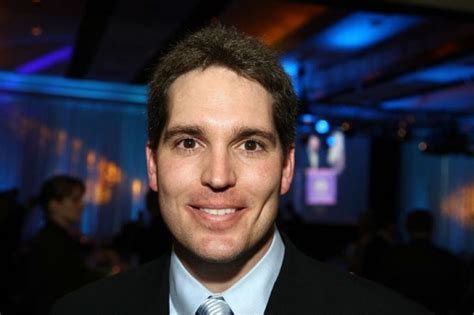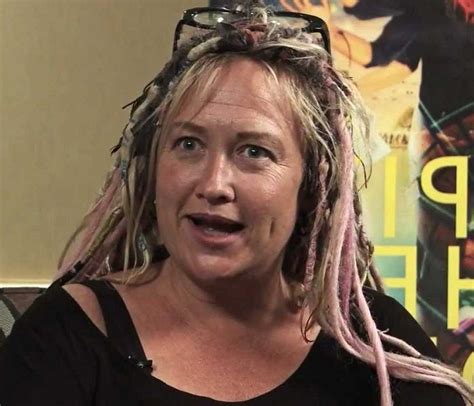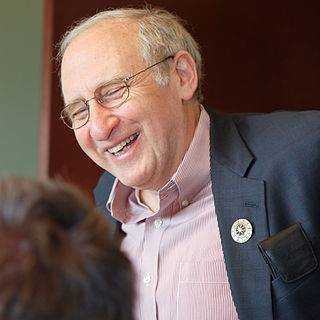A Quote by Marne Levine
When we talk with policymakers about Facebook, it's about how users have control over information.
Quote Topics
Related Quotes
Whether it's Facebook or Google or the other companies, that basic principle that users should be able to see and control information about them that they themselves have revealed to the companies is not baked into how the companies work. But it's bigger than privacy. Privacy is about what you're willing to reveal about yourself.
We Facebook users have been building a treasure lode of big data that government and corporate researchers have been mining to predict and influence what we buy and for whom we vote. We have been handing over to them vast quantities of information about ourselves and our friends, loved ones and acquaintances.
I think any information about any type of art form, it's always the right time. But since the last one, I could see there were many things about the culture of DJing that we don't really talk about. We don't really look at how the music is made, how it's conceptualized, how it's put together. We talk about the equipment and the software, but we don't talk about the reasons why we put the music together in the first place.
On the Facebook side, I think it's a bit of an evolution, in that that company, which has clearly done amazing things, was, I believe, as an outsider looking in, was founded on a culture that was obsessive about the users. And they built a service that is very valuable for users, and that is to be applauded.
The whole thing about writing a play is that it's all about controlling the flow of information traveling from the stage to the audience. It's a stream of information, but you've got your hand on the tap, and you control in which order the audience receives it and with what emphasis, and how you hold it all together.



































